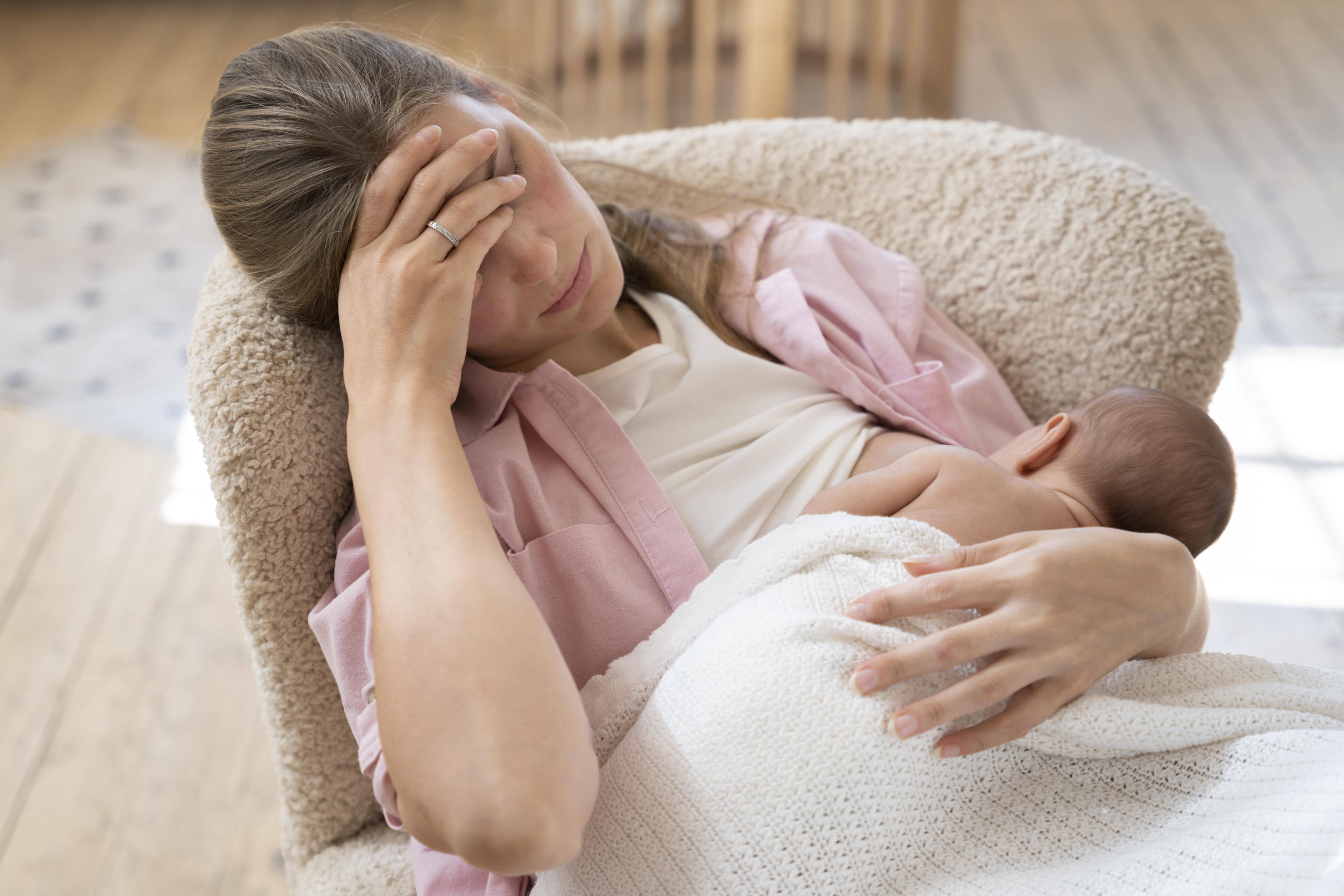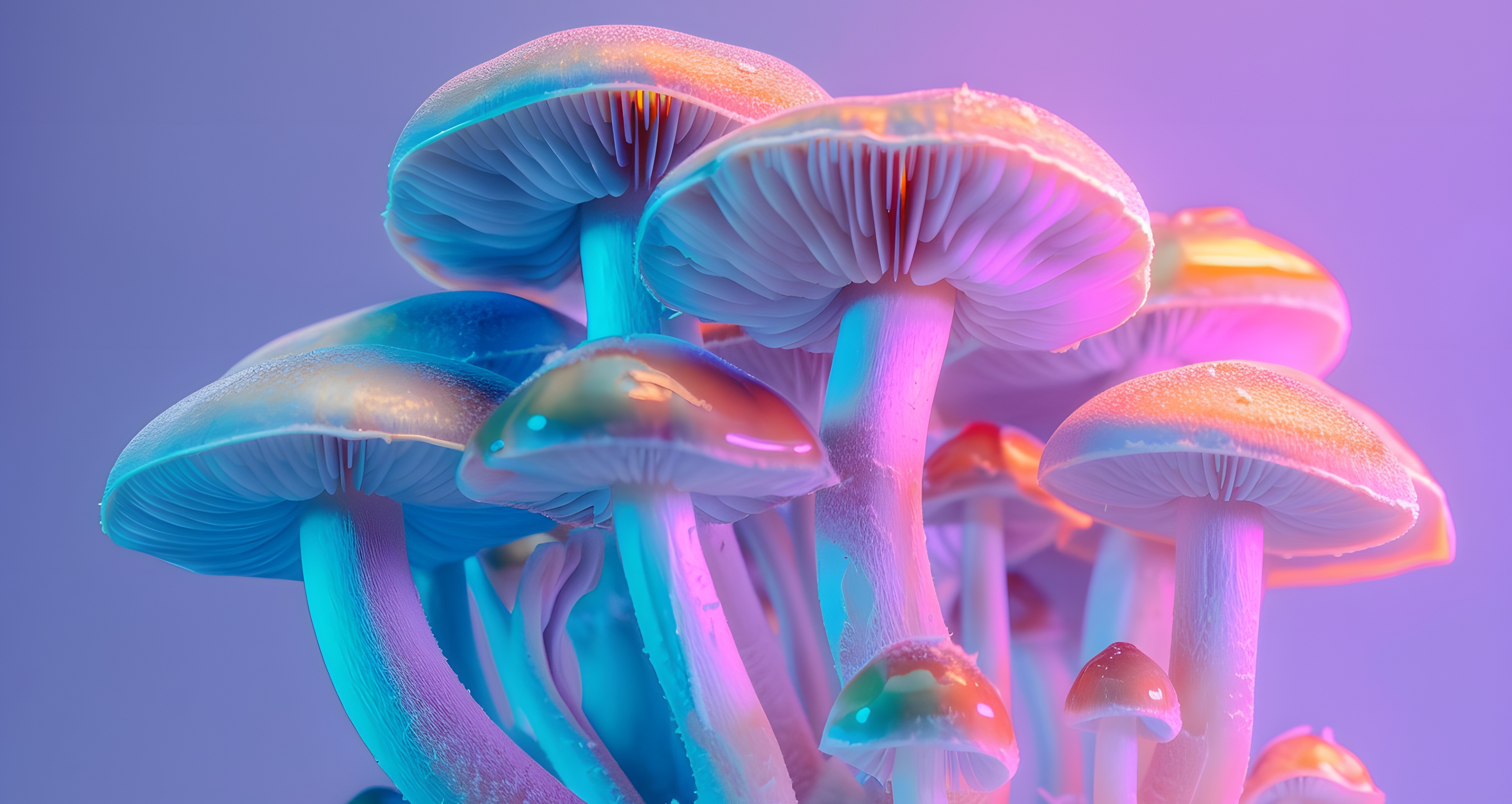Postpartum Depression: Could Psychedelics Offer Hope for New Moms?

Bringing a new life into the world can be beautiful — but for many women, it’s also accompanied by a shadow that few talk about openly: postpartum depression. Affecting roughly 1 in 7 mothers, PPD can lead to intense sadness, anxiety, emotional numbness, and even difficulty bonding with the baby.
While treatments like antidepressants and therapy can help, they don’t work for everyone — and they often come with challenges, especially for breastfeeding mothers. That’s why a bold new question is starting to emerge in the world of mental health research:
Could psychedelics offer a new path to healing for postpartum depression?
The Science Behind the Hope
Psychedelics like psilocybin (the active compound in magic mushrooms) and ayahuasca are being studied for their rapid-acting effects on depression, emotional processing, and self-connection. In recent clinical trials, psilocybin has shown the ability to lift depressive symptoms in a single session, sometimes with long-lasting results.
While PPD-specific research is still in its infancy, experts believe that psychedelics' unique ability to foster emotional openness, neuroplasticity, and a sense of connection and meaning could be especially powerful in the postpartum context.
A Different Kind of Treatment
Unlike daily medications, psychedelic-assisted therapy typically involves 1–2 guided sessions in a therapeutic setting, with preparation and integration support. For new mothers who may be hesitant about long-term pharmaceuticals, this one-time or short-term model could be a game changer — if proven safe and effective.
What’s Next?
There are currently no major clinical trials focused exclusively on PPD and psychedelics — but conversations are beginning, and researchers are calling for studies that address the unique hormonal, psychological, and social dynamics of the postpartum period.
As stigma fades and interest grows, psychedelics may one day become a safe, intentional option to help mothers not just survive the postpartum period — but truly heal and thrive.


